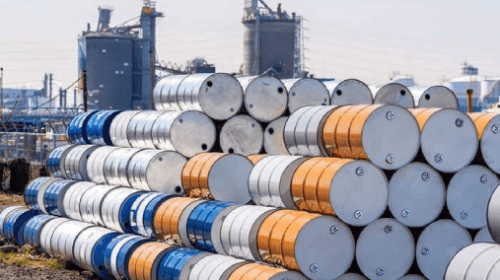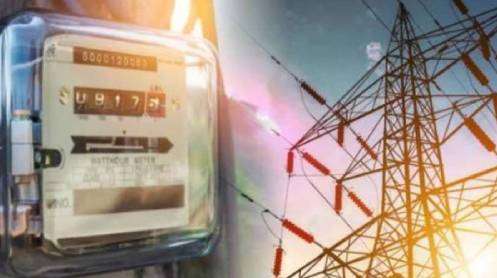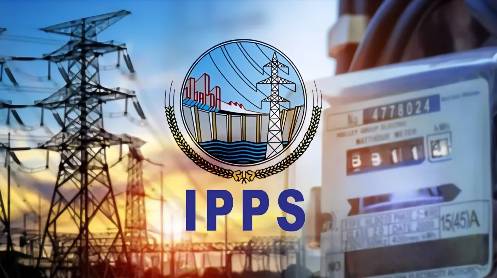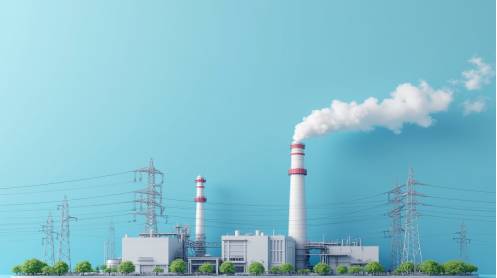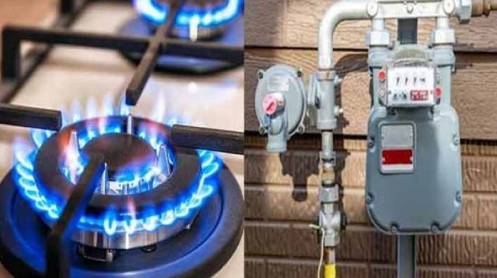LONDON: Saudi Arabia’s oil exports jumped to the highest level in more than a year in June as the kingdom shipped more crude to overseas storage amid fears of possible supply disruptions owing to conflict in the Middle East. OPEC’s biggest producer has intervened in oil markets for decades to provide more oil during disruptions or cut output when it felt the market was oversupplied. Crude exports rose by 450,000 barrels per day (bpd) from May’s level to 6.33 million bpd in June, Kpler data shows. There could be a…
Read MoreAuthor: Admin
PAC Orders K-Electric to Pay Sindh Govt Rs700 Million Monthly in Electricity Duty
KARACHI: The Public Accounts Committee (PAC) of the Sindh Assembly has ordered K-Electric to start paying the Sindh government between Rs500 million to Rs700 million monthly from electricity duty collections, effective retroactively from September 2024. The directive follows a dispute over Rs32 billion that K-Electric has collected from consumers under electricity duty but has yet to transfer to the provincial government. The PAC, chaired by Nisar Khuhro, ruled that the monthly payments must continue until the issue is resolved, including KE’s pending receivables of Rs23.5 billion from the Karachi Water…
Read MoreIPPs Warn: Proposed Furnace Oil Levies to Hike Power Costs, Threaten Refineries
ISLAMABAD: Independent Power Producers (IPPs) have cautioned the government that proposed levies on furnace oil (FO) in the 2025–26 federal budget could sharply increase electricity generation costs and severely impact refinery operations. In formal communications to the Petroleum Division, the Hub Power Company (Hubco) and the IPPs Advisory Council (IPPAC) raised alarms over the draft Finance Bill’s proposed imposition of a Rs77 per litre Petroleum Levy (PL) and a Rs2.5 per litre Carbon Levy (CL), effective July 1, 2025. Combined, these would raise FO prices by over Rs84,700 per metric…
Read MoreGovt to Stop Collecting Electricity Duty Through Bills from July 2025
ISLAMABAD:Federal Energy Minister Awais Leghari has formally written to all provincial chief ministers, announcing the government’s decision to discontinue the collection of Electricity Duty through power bills starting July 1, 2025. In his communication, Leghari urged provincial governments to support efforts to streamline billing by eliminating various add-on charges that burden consumers. He emphasized that already high electricity tariffs are made even more complex and confusing due to multiple taxes and levies being bundled into monthly bills. The minister underscored the federal government’s ongoing reforms to bring down electricity costs,…
Read MoreGas Price Hike Raises Power Generation Cost by Re1 per Unit
ISLAMABAD: The cost of electricity from gas-fired power plants has increased by Re1 per unit following a 17% hike in gas prices by the government, taking the rate from Rs1,050 to Rs1,225 per unit effective July 1. At a public hearing conducted by the National Electric Power Regulatory Authority (Nepra), Central Power Purchasing Agency (CPPA) CEO Rehan Akhtar explained that despite the increase, gas-based power generation remains more economical compared to imported coal and LNG-based alternatives. Akhtar noted that the CPPA had initially requested a fuel cost adjustment (FCA) of…
Read More

